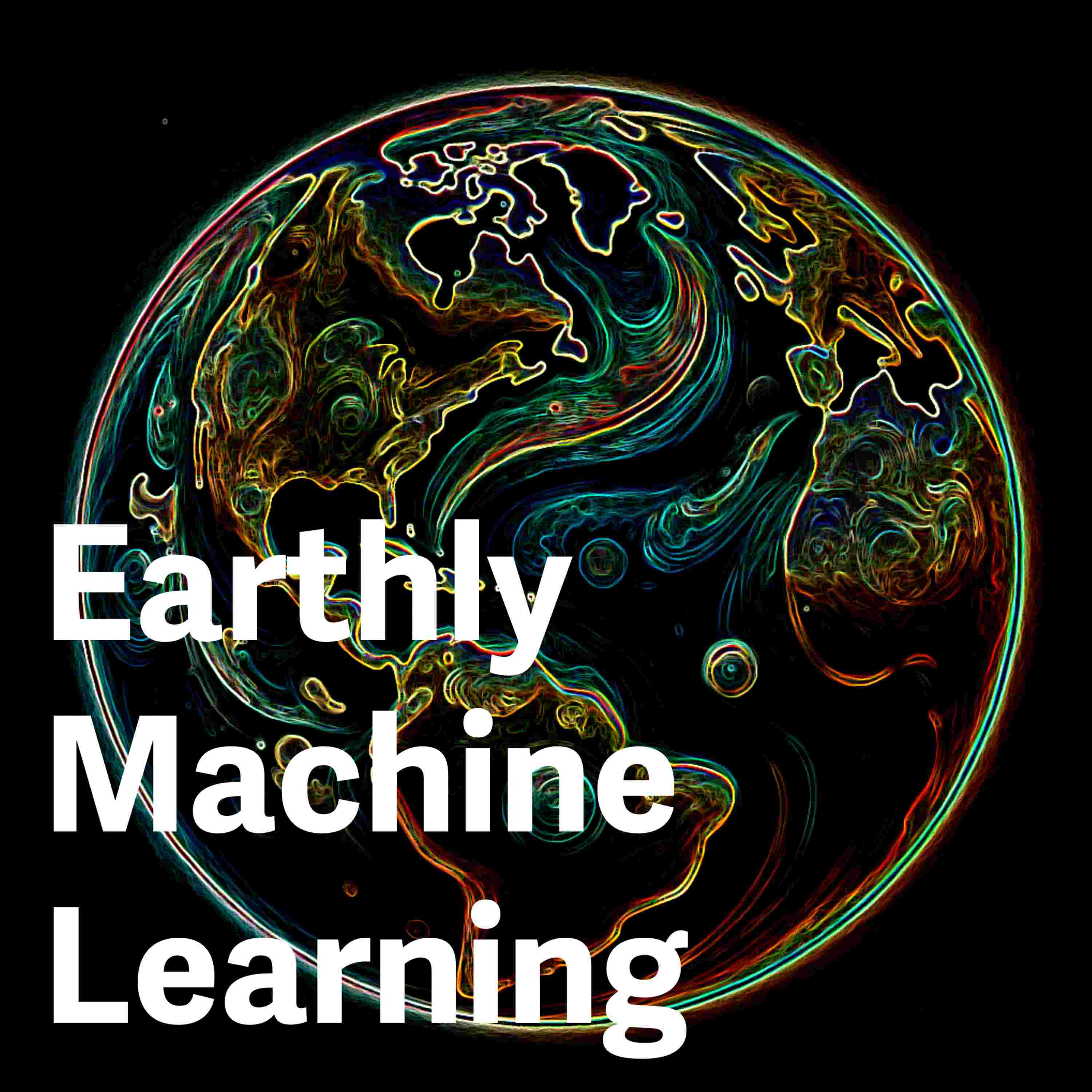

🌍 Abstract:
Projecting climate change is a generalization problem: we extrapolate the recent past using physical models across past, present, and future climates. Current climate models require representations of processes that occur at scales smaller than the model grid size, which remain the main source of projection uncertainty. Recent machine learning (ML) algorithms offer promise for improving these process representations but often extrapolate poorly outside their training climates. To bridge this gap, the authors propose a “climate-invariant” ML framework, incorporating knowledge of climate processes into ML algorithms, and show that this approach enhances generalization across different climate regimes.
📌 Key Points:
Highlights how ML models in climate science struggle to generalize beyond their training data, limiting their utility in future climate projections.
Introduces a "climate-invariant" ML framework, embedding physical climate process knowledge into ML models through feature transformations of input and output data.
Demonstrates that neural networks with climate-invariant design generalize better across diverse climate conditions in three atmospheric models, outperforming raw-data ML approaches.
Utilizes explainable AI methods to show that climate-informed mappings learned by neural networks are more spatially local, improving both interpretability and data efficiency.
💡 The Big Idea:
Combining machine learning with physical insights through a climate-invariant approach enables models that not only learn from data but also respect the underlying physics—paving the way for more reliable and generalizable climate projections.
📖 Citation:
Beucler, Tom, et al. "Climate-invariant machine learning." Science Advances 10.6 (2024): eadj7250. DOI: 10.1126/sciadv.adj7250